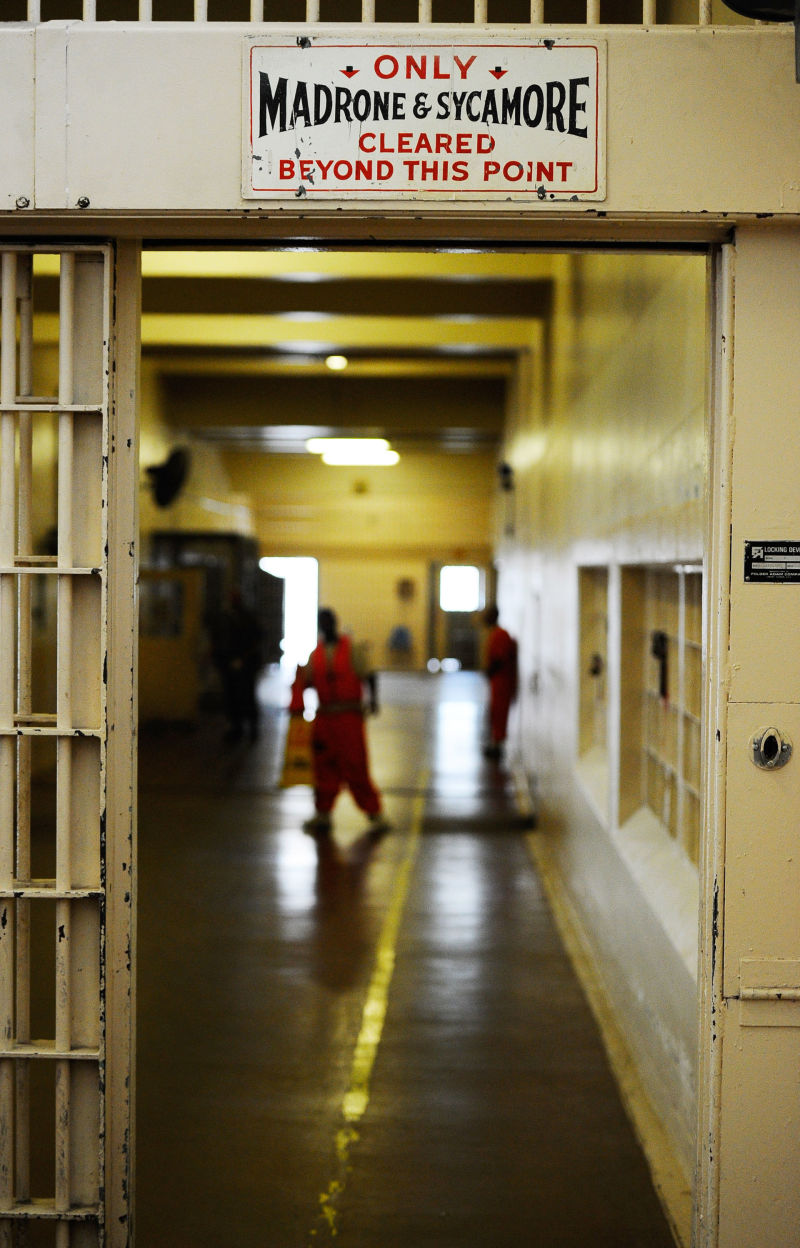ABC also wanted the UC system to sell shares of Wells Fargo, which it alleges also invests in prison companies. The problem is that UC's investment in Wells Fargo is upward of $425 million, Williams says.
UC is looking at it from a fiscal perspective, says Dianne Klein, director of media engagement and strategy in the UC president’s office. There's an obligation to serve current employees and its pension system, while meeting certain financial growth markers, she says.
After meeting with ABC representatives and taking a look at what kind of financial outcome would result from cutting the three smaller private prison investments, UC decided it was in the university's interest to sell, says Klein. The three shares sold represent a small fraction of the thousands of investments that make up UC's roughly $100 billion portfolio, says Klein.
But the move doesn’t guarantee that the UC system won’t make future investments in prisons.
“We have a policy against divestment,” Klein says.
While the ABC applauds UC's commitment to meeting several times with students and then selling off prison stock, it doesn't go far enough, says Williams.
"We want to challenge it," he says.
Students at other schools, such as Stanford, are also pushing for complete divestment policies in order to hold institutions accountable for setting the tone as mindful world leaders.
Williams says this was a huge first step for the UC system. It's the first public university in the nation to sell off such investments that he's aware of, following a move by Columbia University earlier this year.
The ABC plans to continue to put pressure on the UC system to accept a complete divestment policy, says Williams.
"They really do need to think about the moral implications that they’re investing in," he says.
Meanwhile, Klein says that the UC system has made many social and moral investments, like its participation in the recently announced clean energy venture fund.

